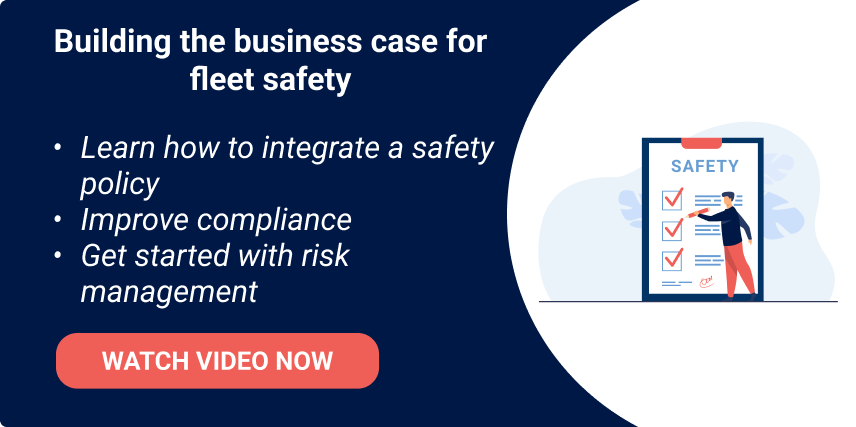
It is no mystery these days that fleets are urged to reduce their expenses through rightsizing or increasing fuel efficiency. Some of them are given to underestimating safety, and it can be quite difficult to convince them not to think like this; to encourage them to accept that fleet safety makes sound business sense and get them to realise how safety, apart from being necessary, can impact on their business in a number of areas.
But what are the main areas of a commercial practice that you should focus on in order to build the business case for fleet safety and persuade management to integrate a fleet safety policy into your business?
1. Corporate Social Responsibility (CSR)
A lot of public and private organisations have fleets and it forms a large part of their corporate image. So it is not only important for them to boost fleet safety because it is necessary, but also because it is vital to deliver a proactive attitude towards staff, society and the environment due to their public exposure. This is why it is becoming increasingly necessary for companies nowadays to adopt an appropriate policy or a declaration of intent.
2. Safety and efficiency
How a business operates with regards to health and safety basically impacts on a lot of other aspects of the company, especially for fleets: safety is inseparable from fuel consumption and wear and tear—it cannot be treated as independent from the other two.
3. Legal compliance
Organisations must have a system in place to assess whether staff are operating under safety conditions that comply with the Corporate Manslaughter and Road Safety Acts, and the Working Time Regulations. It’s got to the point that the safety responsibilities of companies are becoming more important and driving for work is increasingly included in the processes, even in companies that do not strictly belong to transport or logistics but still have to rely on driving in order to operate.
4. Company costs
Maintaining high safety standards and raising awareness of the issue is particularly important in order to decrease costs, despite what many might think. Fleet safety has financial implications: think about the cost of damaging your own vehicles, third party ones, and all the hidden expenses. Covering the cost of a collision requires a healthy cash flow, and sometimes the budget just won't stretch. On the other hand, being proactive on safety is a much easier and beneficial approach for all the reasons we have explained up until now.




